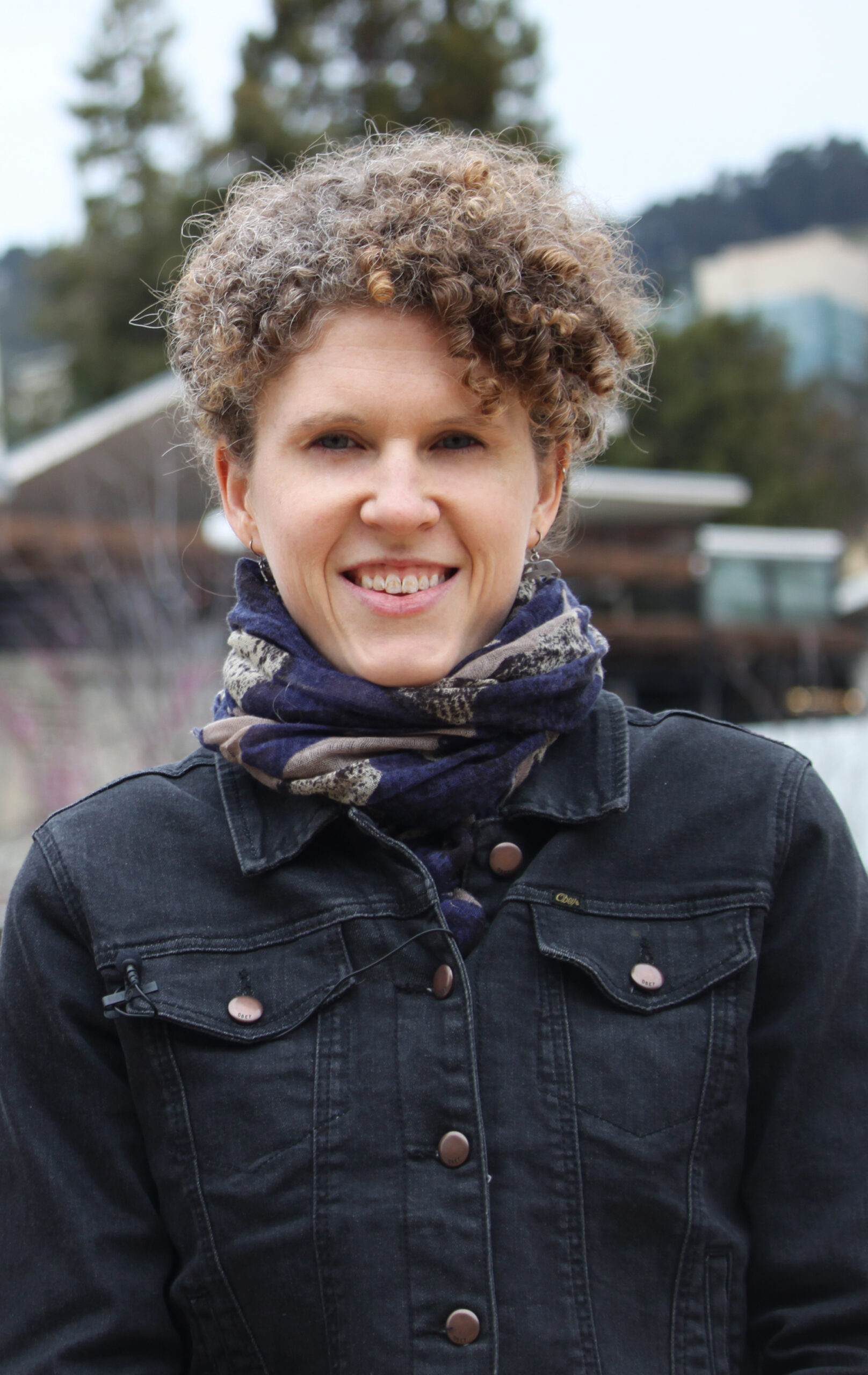New Faculty Spotlight: Joan Casey

Joan Casey
Assistant Professor
Environmental and Occupational Health Sciences
School of Public Health
jacasey@uw.edu
Casey Faculty page
@joanacasey (twitter)
What is your Research Focus?
Today, human populations face multiple challenges to their health as the result of unsustainable re- source use and economic and social inequality. My research combines electronic health record (EHR) and other largescale data, exposure modeling, and creative study design to understand how emerging exposures affect health–and certain populations disproportionately–with the goal of informing policy. I am interested in taking a historic lens to better understand how we have arrived at present exposure distributions and health problems (e.g., exploring how historic policies like redlining relate to greenspace (Nardone et al. 2020 Environmental Health Perspectives) and present-day health (Nardone et al. 2020 Lancet Planetary Health). The grand challenges we face require interdisciplinary collaboration, which is abundant at UW.
A line of my research has focused on fossil fuel extraction and use as a risk factor for adverse health outcomes. Using EHR data, I have studied the relationship between residential proximity to more and larger fracking wells and adverse birth outcomes and anxiety and depression during pregnancy. I have also exploited the natural experiment when coal fired power plants retire, finding reduced asthma-related healthcare visits and rescue inhaler use in Kentucky (Casey et al. Nature Energy) and reduced preterm birth among nearby residents in California (Casey et al. 2018 American Journal of Epidemiology). We found that the greatest benefits appeared to accrue among historically marginalized populations including non-Hispanic Black and Asian birthing people.
My current research focuses on climate-related and historic exposures. Climate change will steepen already-existing social gradients of health, disproportionately harming the most vulnerable. I am currently investigating the relationships in a study of wildfires and health among older adults. We collaborate with colleagues at Kaiser Permanente Southern California, UC San Diego, Columbia University and Harvard University to evaluate both short- and long-term exposure wildfire particulate matter and disaster exposures and their influence on Alzheimer’s disease and related dementia incidence, progression, and mortality. I am also examining historical social and environmental determinants of cognitive aging in the Health and Retirement Study. Hopefully this type of work can identify structural factors that contribute to modern-day health disparities to identify policy solutions to begin reducing them.
What opportunities at the UW excite you?
UW brings together top researchers in disparate fields from sociology to engineering to geography to public health. I’m excited to draw on this expertise to build a research platform addressing the complex environmental health issues of our time: climate-driven wildfires, power outages, heatwaves, and increasing socioeconomic disparities that affect population’s ability to mitigate risk or respond to exposures.